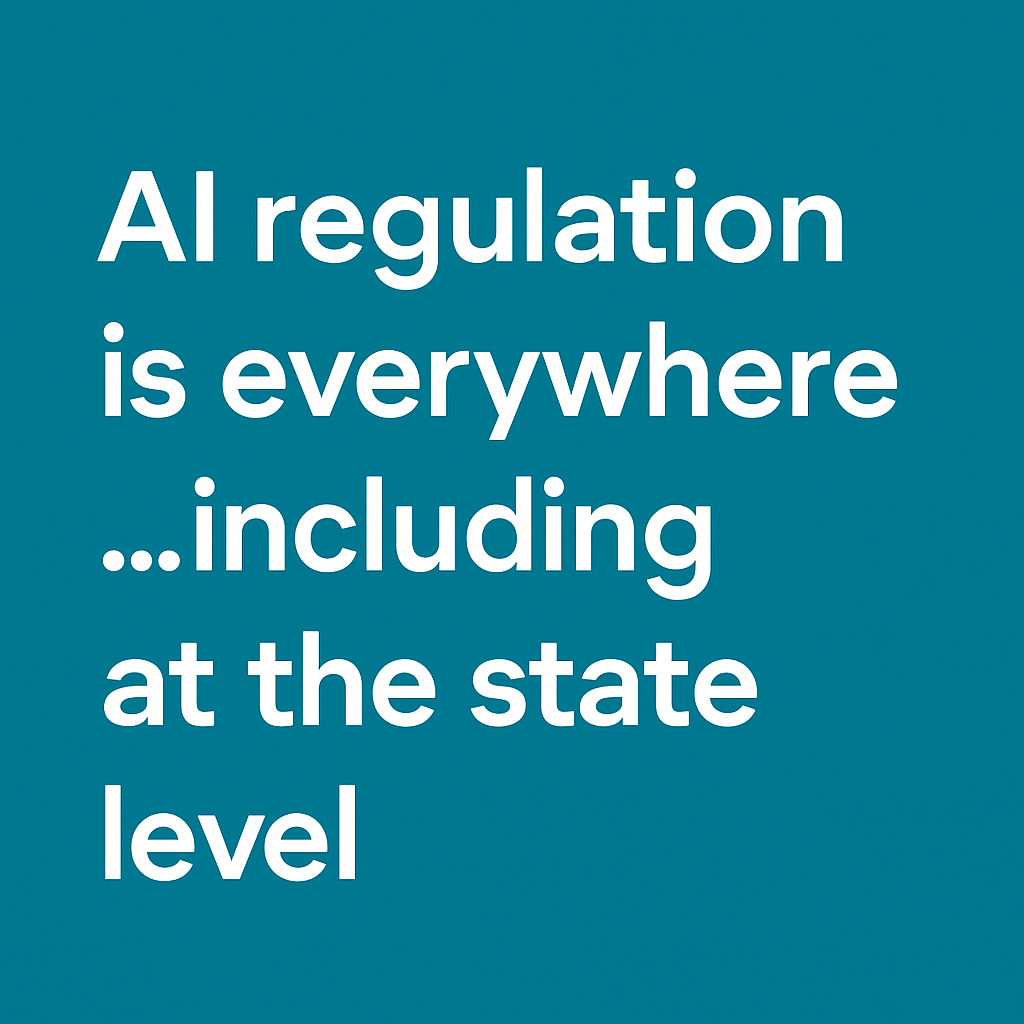I was honored to be on stage with Vall Herard and Alex Gavis recently at the National Society of Compliance Professionals (NSCP) National Conference in Dallas, which included around 1,000 attendees. We spoke about the growth of AI and the challenges it can present for compliance departments. I gained three lessons about both topics through preparation for this panel and my experience engaging with the other participants of the conference.
Lesson 1: Compare AI for personal and professional uses
One of the lessons that surprised me is that as a blind professional I do not distinguish as much between the use of AI in my personal and professional life as sighted people do. I found that it was a positive surprise for members of the audience to overlay their personal experience with AI onto their professional perspective. The messaging people have seen about AI in the workplace is very different than that in the home, focusing on job replacement and potential for errors and discrimination. By contrast, AI is perceived generally as helpful in the home, and even inclusive as it has been touted for specific uses for seniors and people with a variety of disabilities.
White paper | Considering AI solutions for your business? Ask the right questions.
Lesson 2: The pace of regulatory change is fast
The second lesson from my conference experience as a whole is that compliance departments are struggling with a plethora of regulations that increase by the month! Commissioner Uyeda gave us a litany of regulations now challenging compliance departments. This is where AI can help. We discussed how automating what you can frees up human intelligence to problem solve and be creative and resourceful.
Lesson 3: Quality data is essential for AI
Third, we at Saifr found that the message that AI can foster inclusivity and mitigate bias is a powerful one that resonates with a lot of people. The biases that make their way into AI come from humans—not technology. AI is as good as the data it utilizes and the humans that program it. Quality control and verification are essential; as my co-panelist Vall Herard said, “trust but verify,” meaning test your data extensively. Being wrong 10% of the time is way too often.
Looking forward
Thus, I left the conference hoping that I had convinced a few people that AI can be as helpful in the workplace as it is in the home, that it can be essential for dealing with regulations today, and that it has the potential for effectiveness and inclusiveness if created through the diligence of diverse and resourceful human intelligence. I hope that your time at NSCP also provided valuable takeaways.
The opinions provided are those of the author and not necessarily those of Fidelity Investments or its affiliates. The information regarding AI tools provided herein is for informational purposes only and is not intended to constitute a recommendation, development, security assessment advice of any kind.
1114777.1.0




-1.png)

